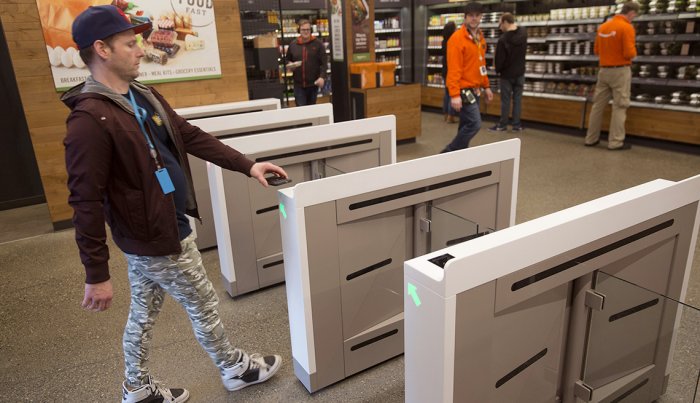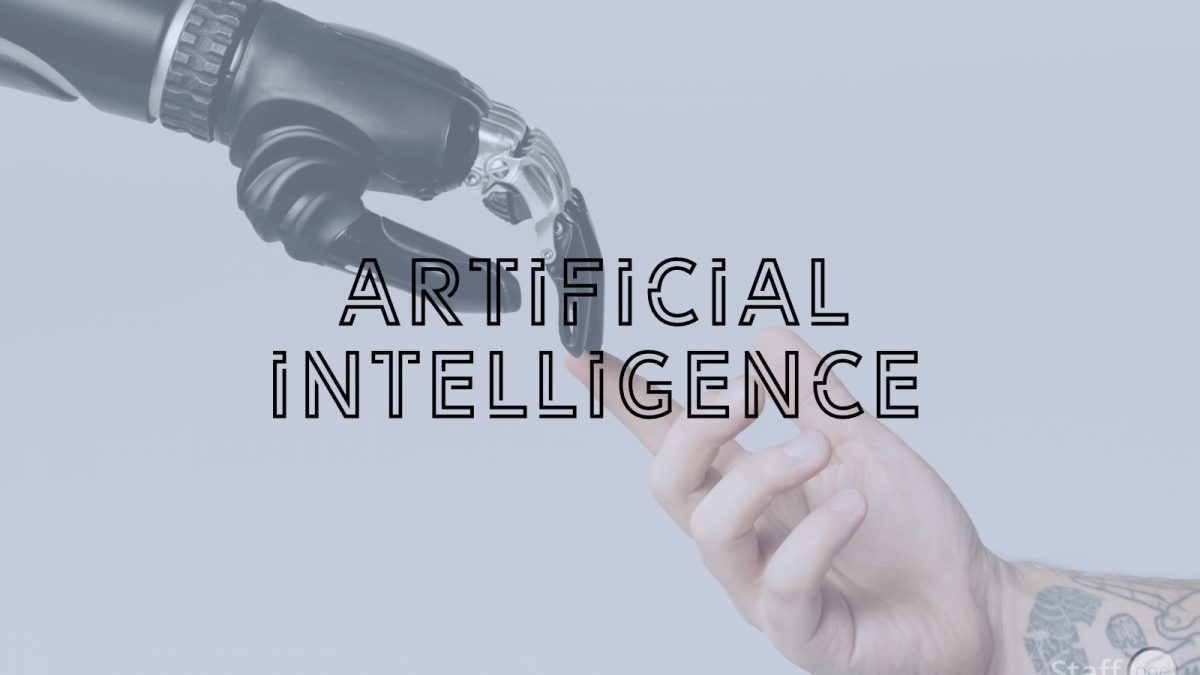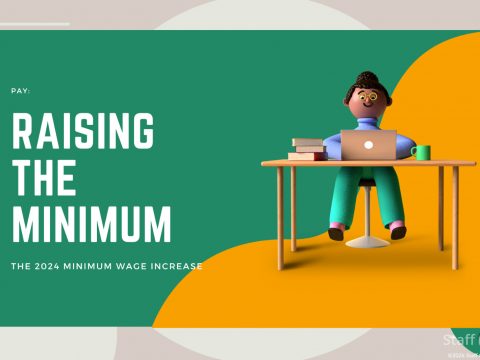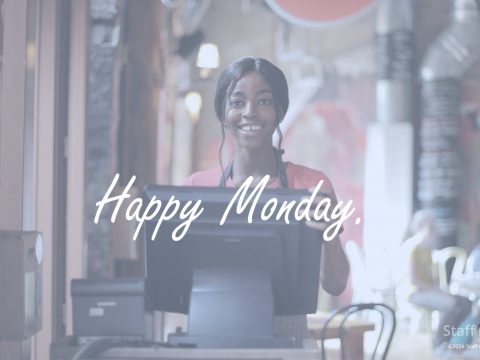- Contact us:
- 03300 535 600
- [email protected]

Gen Z – The next generation
June 7, 2023
What skills do employers look for in a student CV?
August 31, 2023Artificial intelligence (AI) is rapidly changing the way we live and work. From self-driving cars to virtual assistants, AI is being used in more and more industries. But what does this mean for the future of jobs?
There is a growing concern that AI could lead to mass job displacement. Some experts predict that up to 45% of jobs could be automated by 2030. This would have a devastating impact on the global economy, as millions of people would be out of work.
However, there is also a more optimistic view of the future of AI and jobs. Some experts believe that AI will actually create more jobs than it destroys. For example, AI could be used to create new products and services, or to improve the efficiency of existing businesses.
So, what is the truth about AI and jobs? It is too early to say for sure. However, it is clear that AI is a powerful technology that has the potential to both disrupt and create jobs.
What jobs are most at risk of being automated?
Some jobs are more at risk of being automated than others. Jobs that are repetitive, predictable, and can be easily codified are the most likely to be automated. This includes jobs in manufacturing, customer service, and transportation.
For example, self-checkout machines are already replacing cashiers in many stores. And, as self-driving cars become more widespread, we can expect to see fewer jobs for truck drivers and taxi drivers. Various organisations have already begun the process of moving customer service and helplines into AI backed services such as on-line chat “bots” and telephone booking services using voice recognition, reducing the need for human involvement.

What are the implications of AI for the future of work?
The rise of AI will have a significant impact on the future of work. Some people believe that AI will lead to a future of mass unemployment, as machines take over more and more jobs. However, others believe that AI will create new jobs that we cannot even imagine today.
It is likely that the truth lies somewhere in between. Some jobs will be lost to automation, but new jobs will also be created. However, the nature of work will change as AI becomes more pervasive.
For example, workers will need to be more creative and adaptable in order to succeed in the age of AI. They will also need to be able to work with machines and understand how to use AI to their advantage.
Roles that will be impacted and even created by a rise in Artificial Intelligence such as:
- Data scientists and analysts
- AI trainers
- Virtual assistants
- Ethical AI specialists
- Prompt engineers:
How can we prepare for the future of AI and jobs?
There are a number of things that we can do to prepare for the future of AI and jobs. First, we need to start thinking about how we can retrain workers who are at risk of being displaced by automation. We also need to invest in education and training so that people have the skills they need to succeed in the age of AI.
In addition, we need to create a social safety net that will help people who are unemployed due to automation. This could include things like unemployment benefits, job training programs, and universal basic income.
The future of AI and jobs is uncertain. However, it is clear that we need to start preparing for the changes that are coming. By investing in education, training, and a social safety net, we can help to ensure that everyone has a chance to succeed in the age of AI.
In addition to the above, here are some other things to consider about the future of AI and jobs:
- The impact of AI on different countries and regions will vary. Some countries, such as those with large manufacturing sectors, are more likely to be affected by automation than others.
- The pace of technological change is accelerating, which means that the future of AI and jobs is likely to change more rapidly than we can predict.
- It is important to remember that AI is a tool, and like any tool, it can be used for good or for evil. It is up to us to ensure that AI is used to benefit society as a whole.
The future of AI and jobs is a complex and uncertain one. However, by understanding the potential impact of AI and taking steps to prepare, we can help to ensure that everyone has a chance to succeed in the age of AI.




